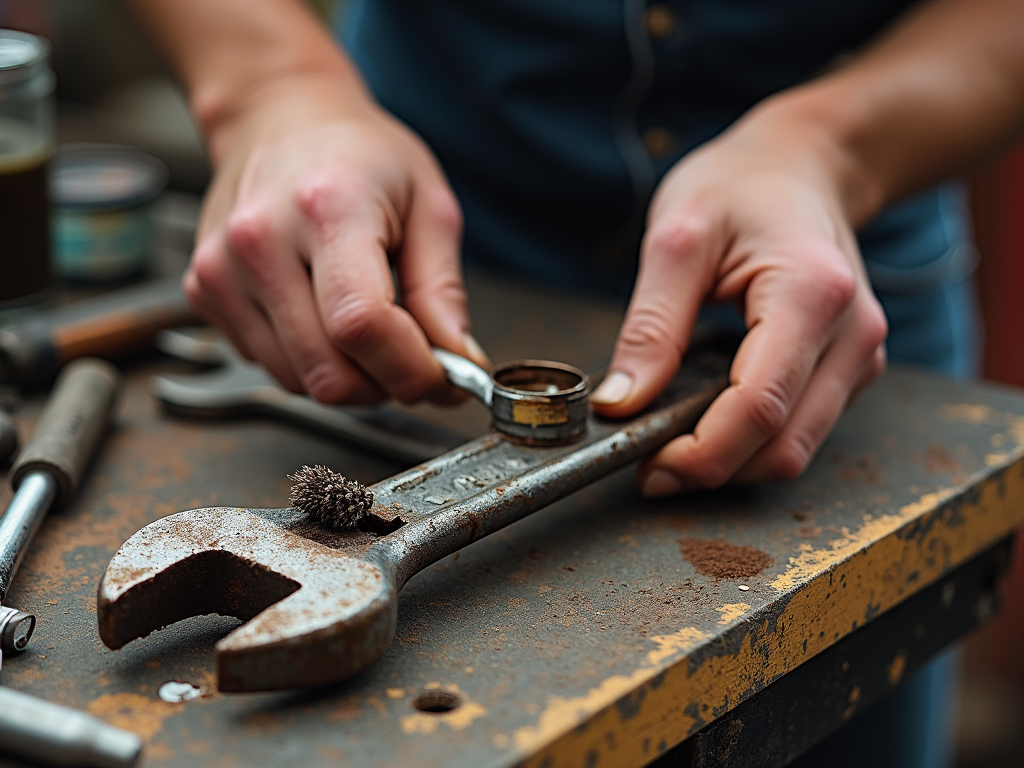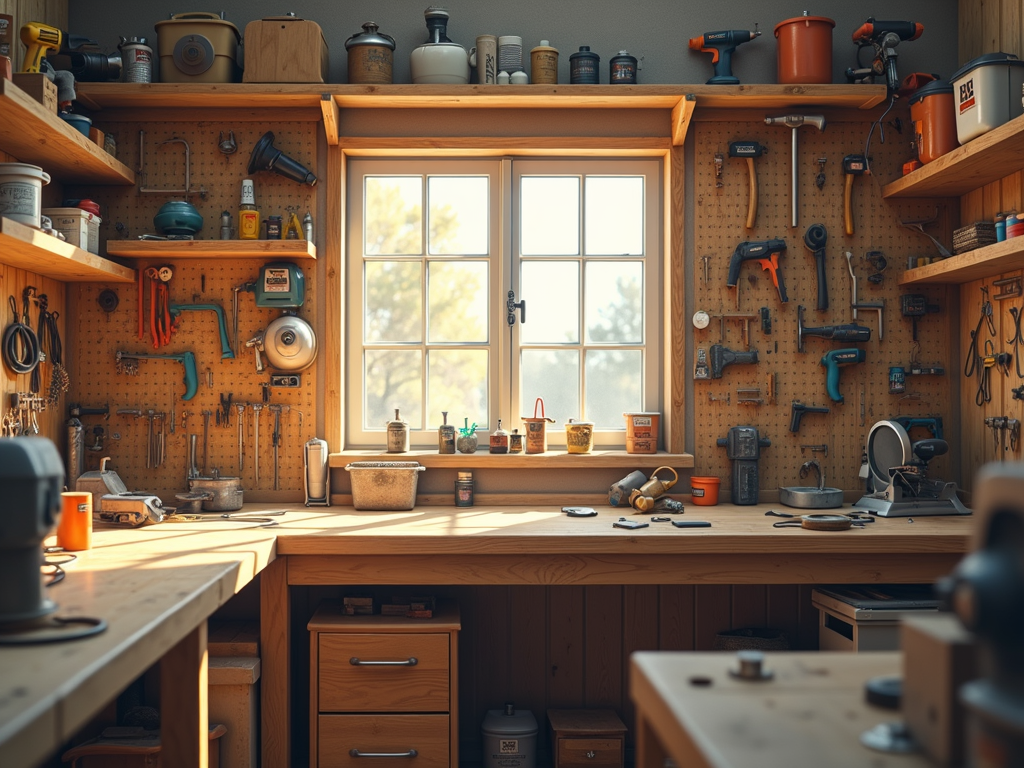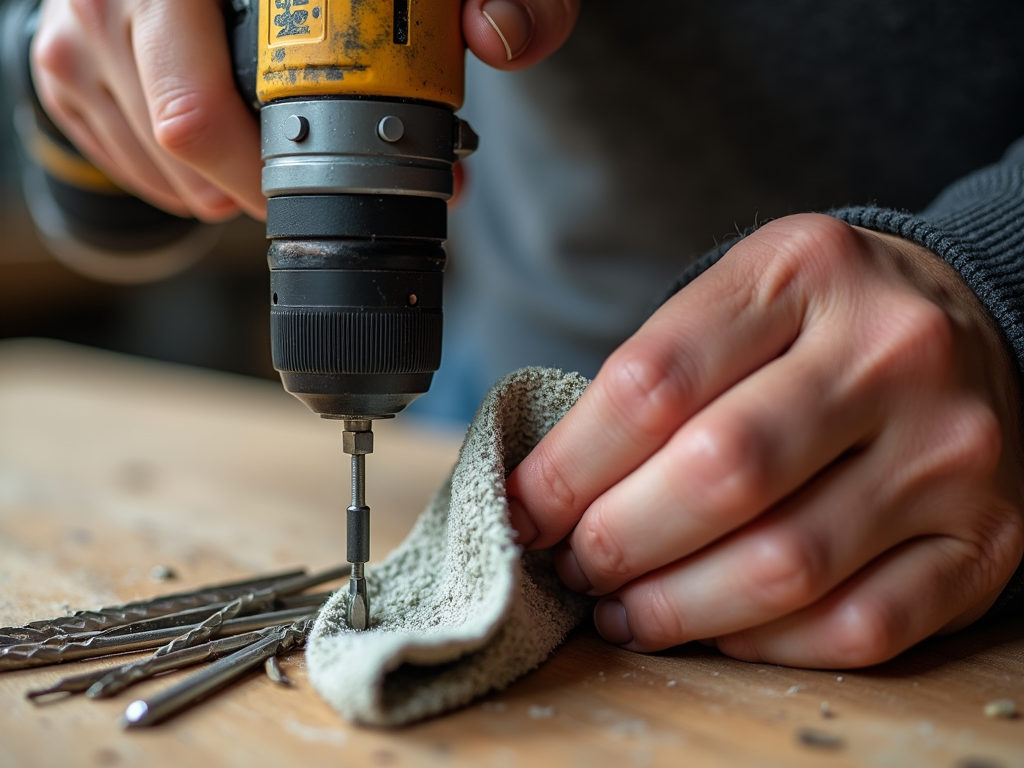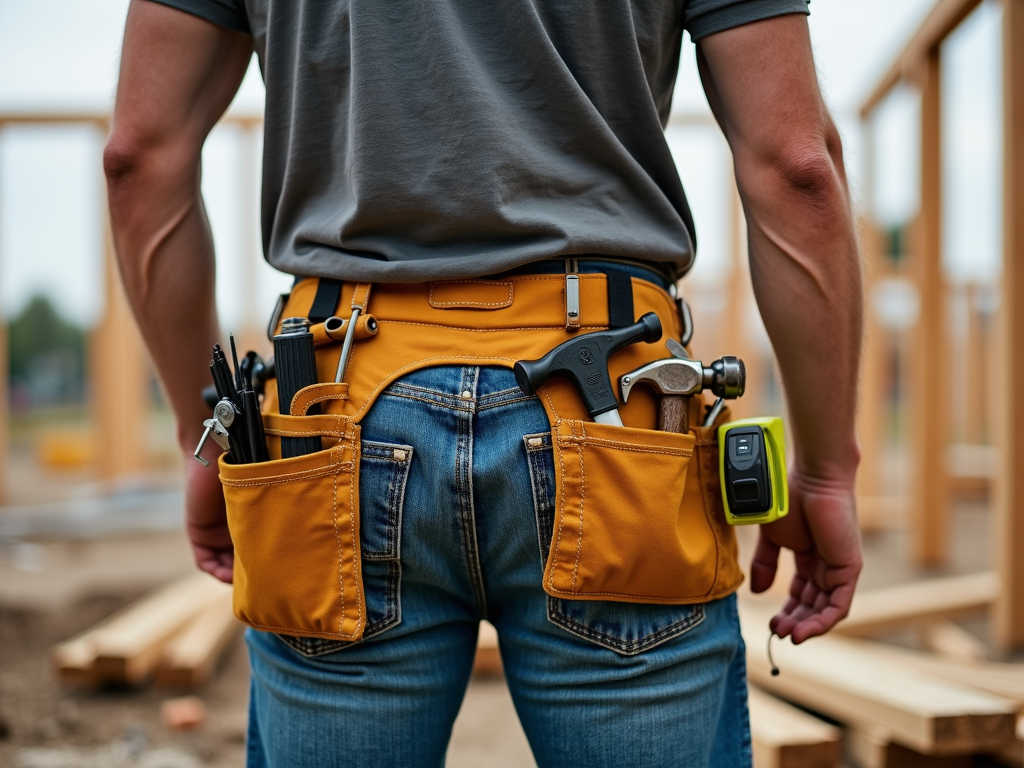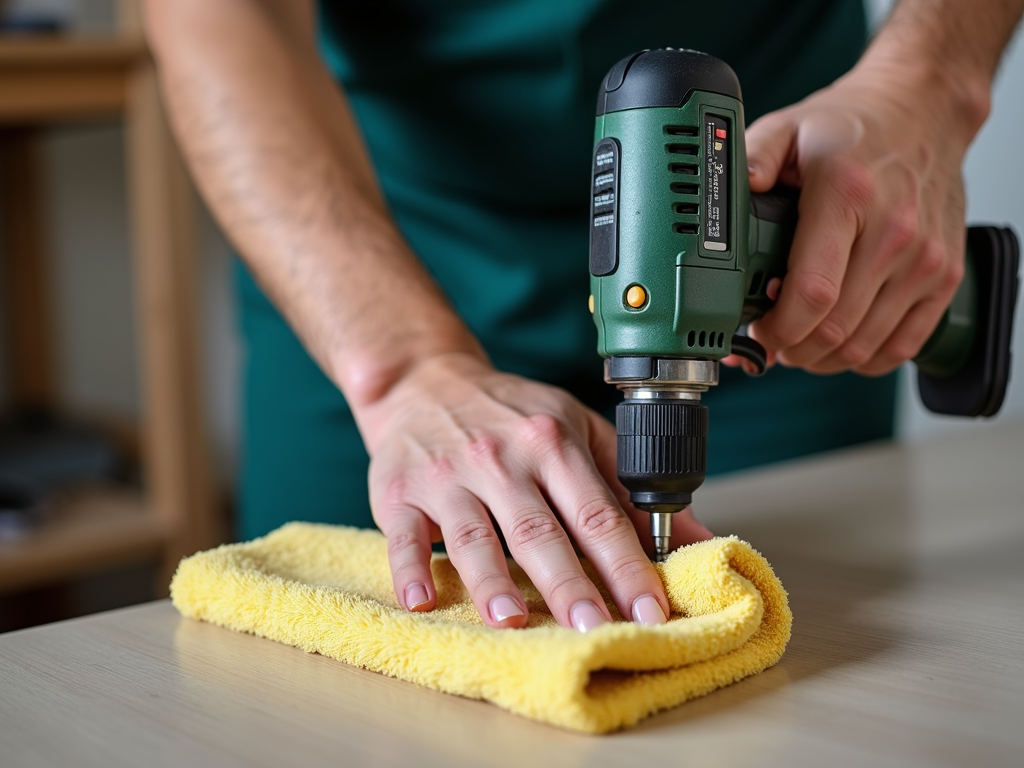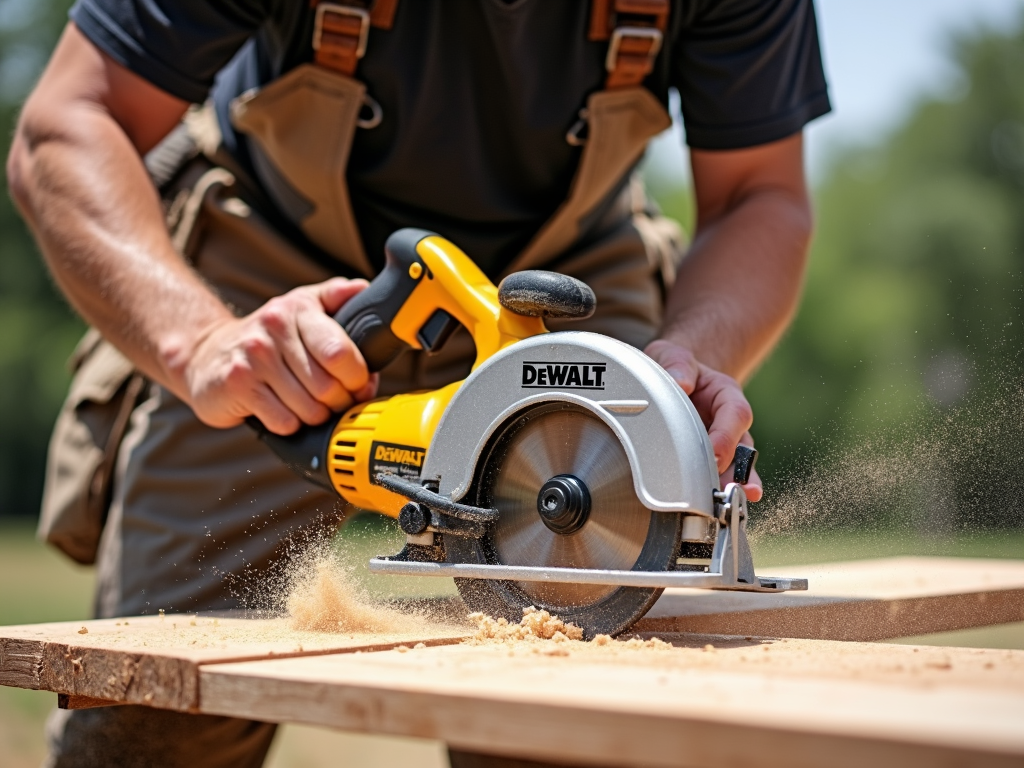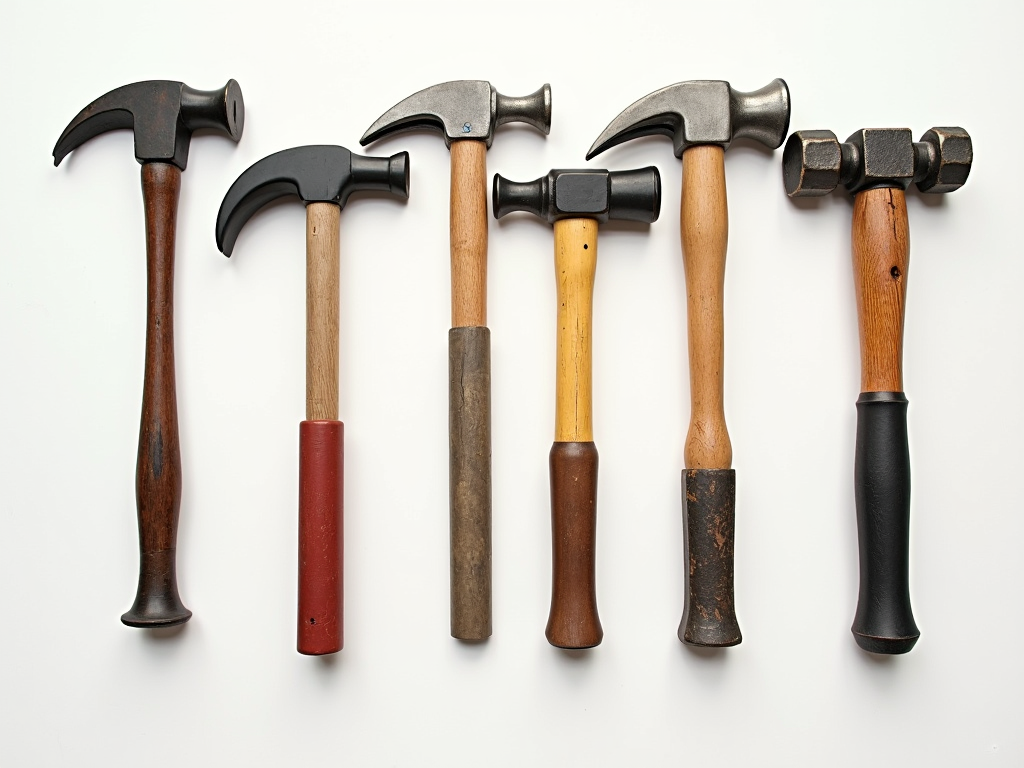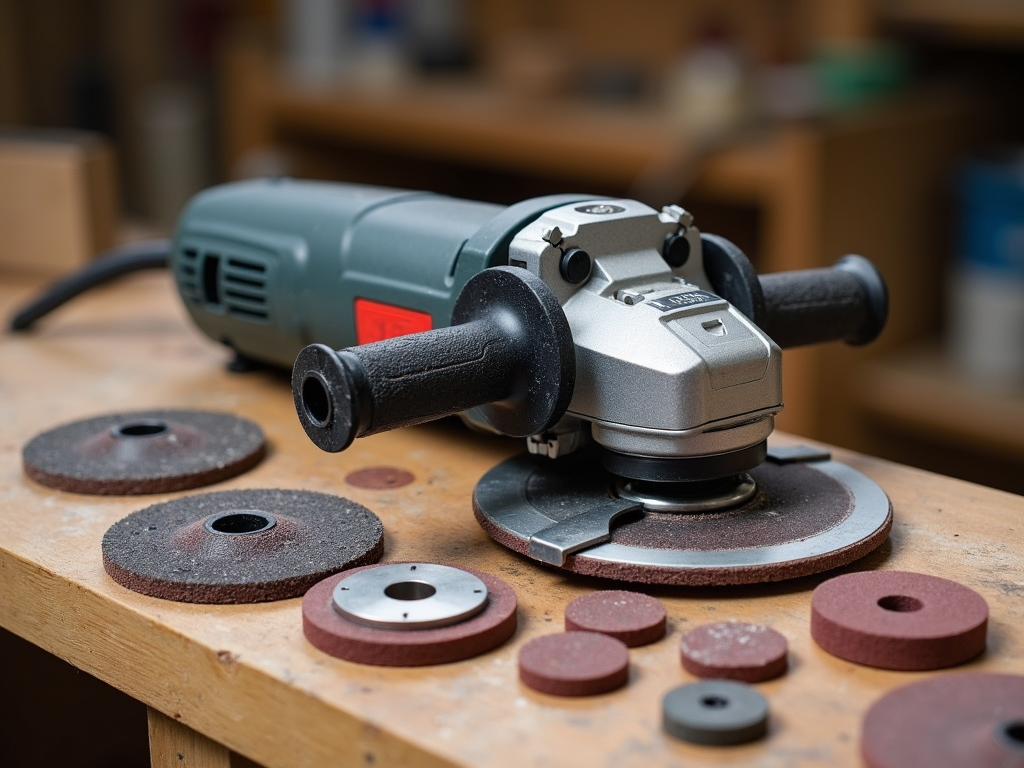Selecting the right automotive tools is crucial for any mechanic or DIY enthusiast. The right tools not only make the job easier but also ensure safety and efficiency. In this guide, we'll explore best practices for choosing automotive tools, with a special focus on essential screwdrivers.

When it comes to selecting automotive tools, quality should be your top priority. Investing in high-quality tools may cost more upfront, but they last longer and perform better. Look for tools made from durable materials like chrome vanadium steel, which resists wear and tear.
Another important factor is the frequency of use. If you frequently work on cars, it's worth spending more on tools you'll use often, like screwdrivers and wrenches. For occasional use, mid-range tools might suffice.
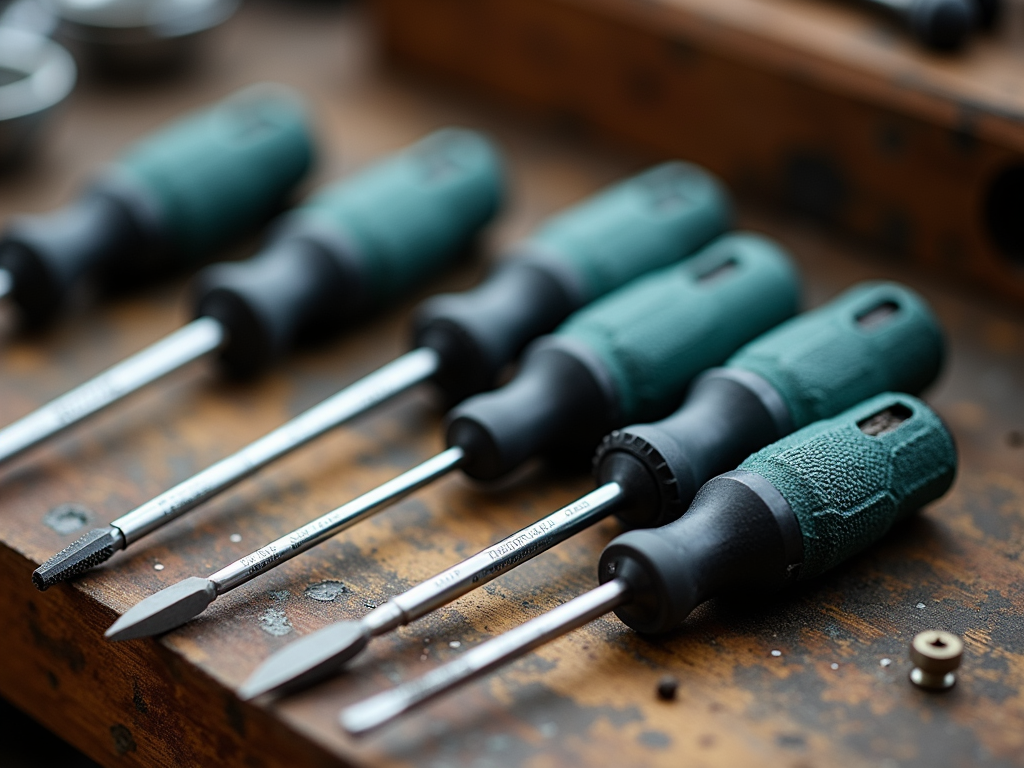
Ergonomics also play a significant role. Tools with comfortable grips reduce hand fatigue during long jobs. When selecting screwdrivers, for example, choose ones with handles that fit well in your hand and provide a good grip.
Now, let's talk specifically about screwdrivers, which are indispensable in any mechanic's toolkit. Essential screwdrivers for mechanics include Phillips, flathead, and Torx types. Each serves different purposes, so having a variety is key.
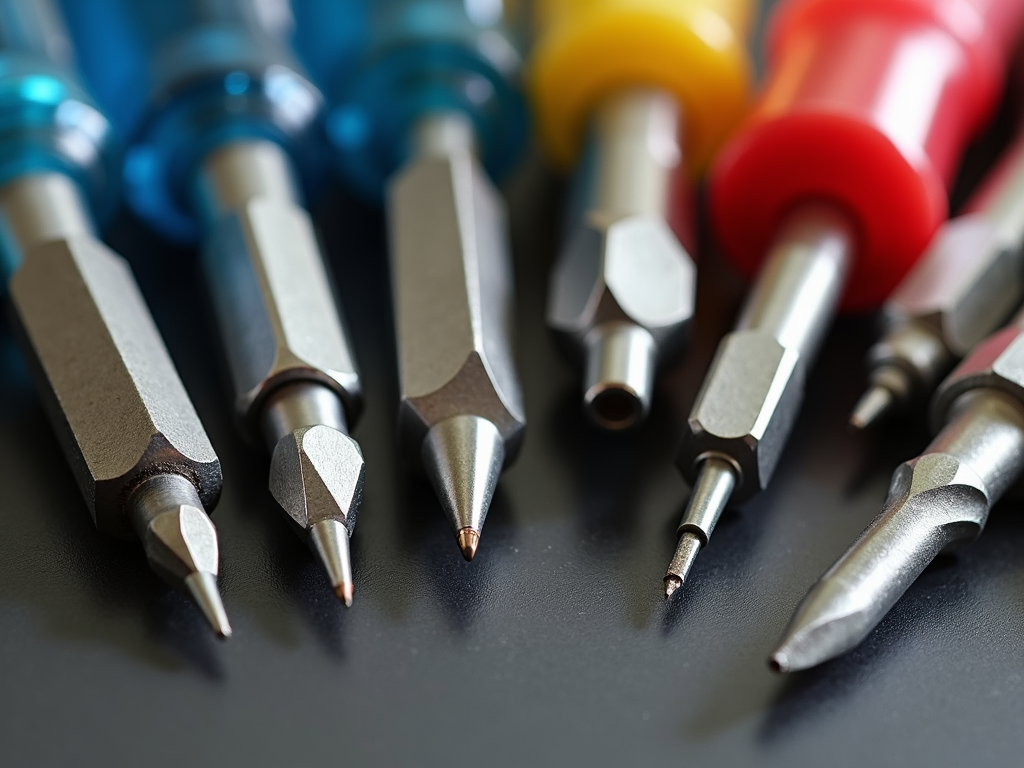
For automotive work, you'll need screwdrivers in various sizes. A good set should include at least small, medium, and large sizes for each type. Additionally, look for screwdrivers with magnetic tips, which can hold screws in place and make work easier in tight spaces.
I recall when I first started working on cars, I bought a cheap set of screwdrivers. They stripped easily and made removing screws a nightmare. After switching to a reputable brand, the difference was night and day. The screws came out smoothly, and the tools felt solid in my hand.

Beyond screwdrivers, other essential automotive tools include wrenches, pliers, and socket sets. A good set of combination wrenches, both metric and standard, is vital for working on different vehicles.
Pliers come in handy for gripping and cutting, while a comprehensive socket set allows you to tackle various bolts and nuts. Don't forget a torque wrench for precise tightening.

Maintaining your tools is just as important as selecting them. Clean your tools after each use to prevent rust and corrosion. Store them in a dry place, preferably in a tool chest or cabinet, to keep them organized and protected.
In summary, choosing the right automotive tools involves considering quality, frequency of use, ergonomics, and specific needs like the types of screwdrivers. By investing in good tools and maintaining them properly, you'll make your work easier and more enjoyable.
Related Best Practices for Selecting Automotive Tools:
- Workman Safety Tips: Maintaining Comfort and Health
- The Ultimate Guide to Maintaining Your Tools for Long-Lasting Use
- How to Extend the Life of Your Power Tools
- The Ultimate Guide to Workshop Equipment Maintenance
- DIY Maintenance Insider Hacks: Keep Your Workshop Equipment in Top Shape
- How to Sharpen Your Chisels
- Tool Belts with Customizable Pockets: The Ultimate Guide for Workmen
- Picking the Right Drill for Your Needs: A Beginner's Guide
- Why Dewalt Tools Dominate the Industry: A Deep Dive into Their Success
- How to Use Hammers Safely: Essential Tips for Every Workman
- Smart Home Basics for Beginners: A Comprehensive Guide
- Enhancing Your DIY Projects with Rotary Tools: A Comprehensive Guide

